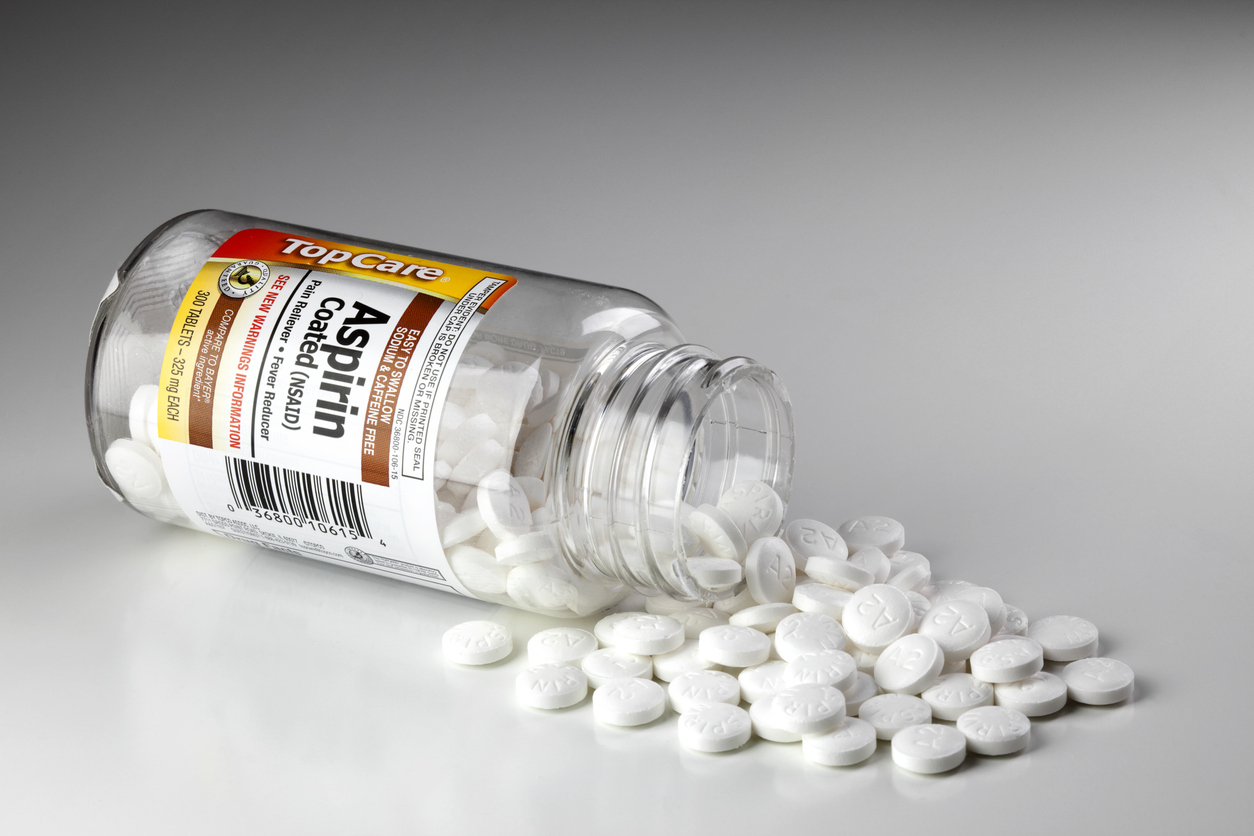2024-03-22
Low-dose aspirin in hepatic steatosis
Gastroenterology and Hepatology
Aspirin has been shown to have an effect on the progression of hepatic steatosis to end-stage liver disease and hepatocellular carcinoma. But what is its effect on hepatic steatosis? In this randomized, double-blind, phase 2 clinical trial, researchers tested the effect of low-dose aspirin in reducing liver fat content, compared with placebo. The 80 participants were randomized (1:1) to receive either once-daily aspirin 81 mg (n = 40) or placebo (n = 40) for 6 months. Compared with placebo, aspirin treatment significantly reduced relative liver fat content. It increased the proportion of patients with a relative reduction of 30% or more in liver fat.

Last press reviews
Birch allergy: could one shot change everything?

#AllergicRhinoconjunctivitis #IgG4 #Allergoid #BirchPollen #Immunotherap...
Allergies: could the gut hold the key?

#SeasonalAllergicRhinitis #Probiotics #Prebiotics #GutMicrobiota...
Parkinson’s disease: bone health shouldn’t be overlooked

#ParkinsonsDisease #Osteoporosis #FractureRisk #FRAX #Prevention...